
DAS SCHLAUE FÜCHSLEIN
Leoš Janáček
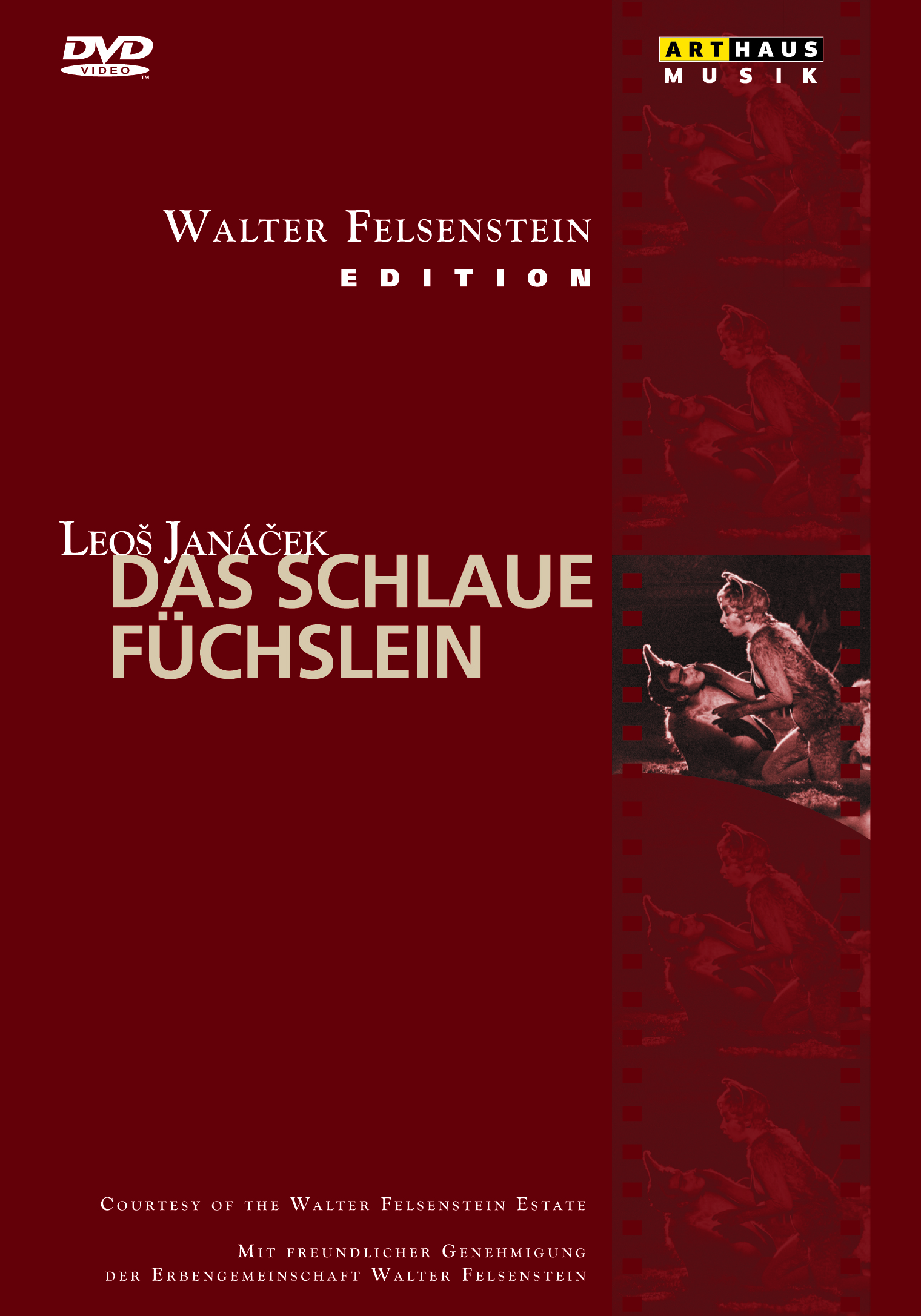




Leoš Janáček
DAS SCHLAUE FÜCHSLEIN
1965
Soloists:
Werner Enders, Irmgard Arnold, Manfred Hopp
Orchestra, Chorus:
Chor und Orchester der Komischen Oper Berlin
Conductor:
Václav Neumann
Director:
Walter Felsenstein, Georg Mielke
Walter Felsenstein (1901–1975), founder and general director of the Komische Oper in Berlin, was one of the twentieth century’s greatest creative theatre directors, who played a hugely important role in the revival of opera as a theatrical art form. A brilliant artist who directed over 190 productions during the course of his career, he was equally committed to the works, their creators, the ensemble and the audience. “Vixen is a work I fell strangely in love with […]” said Felsenstein and created a fable with a distinctive dramatic structure. By directing this opera Felsenstein illustrated the amazing nature of the piece with all its philosophical depth and poetical power. His production of The Cunning Little Vixen is supported by the visionary setting of Rudolf Heinrich. The bright and energetic music of the Czech composer Leoš Janáèek comprises humanity and offers pleasant warmth to the stories of gifted poet Rudolf Tìsnohlídek. Felsenstein describes Leoš Janáèek as “[…] a unique and inimitable phenomenon in the history of music.” The production narrates the life story of a little fox. It contains a fine mix of cute and funny elements together with serious realism in one story. Two early performances were given on 11 and 12 May ahead of a guest performance by the Komische Oper in Prague. The premiere took place on 30 May 1956. The magnetic recording of this production by Deutscher Fernsehfunk took place in 1965 at the Adlershof studios. With its profound and touching story the Cunning Little Vixen is an opera like no other.
Label:
Arthaus Musik
Genre:
Oper
Running Time:
103
Picture Format:
4:3
Sound Format:
PCM Stereo
Number of Discs:
1
Region:
0
Languages:
DE
Subtitle Languages:
GB, DE, FR, ES
EAN:
0807280129793
UPC:
807280129793
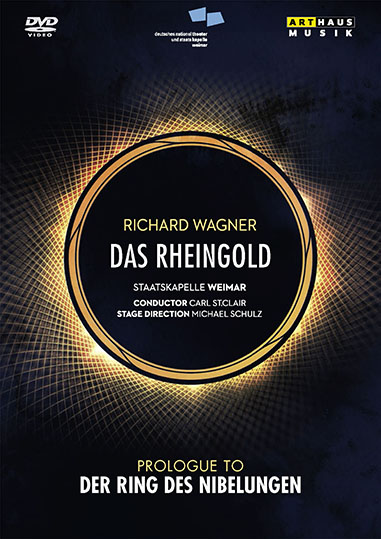
Outside Germany, the name Weimar tends to evoke mixed feelings and pictures of German history of the last hundred years. Within Germany, Weimar means a town in the state of Thuringia arguably saturated with the “Deutsche Kultur” of the “Weimarer Klassik”, the legendary Bauhaus, and finally the life and work of Franz Liszt and his son(...)
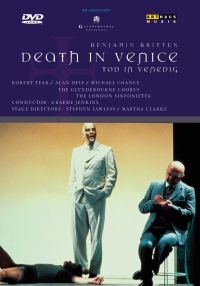
Benjamin Britten
Perhaps it was Luchino Visconti’s inspired cinematic version of Thomas Mann’s stories which finally prompted the most distinguished English composer of the 20th century to adapt Death In Venice for the musical stage too. Indeed, it appears to be something which he had been considering for several years. Three years after the premiere of the film –(...)





















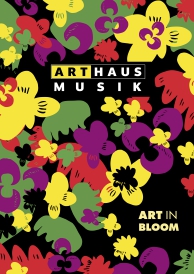 PDF Download (5,5 MB)
PDF Download (5,5 MB)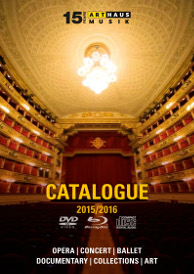 PDF Download (6,7 MB)
PDF Download (6,7 MB)